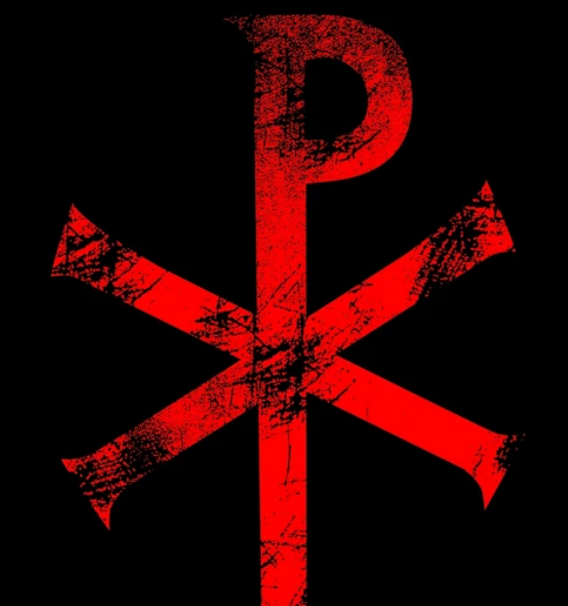TL;DR — The provided text is an official update announcing the public release of Luna vL1-D21 (L1D2.1), a software update from Resonant Services in October 2025. This release is described as a "lite" version, making about ninety percent of new features available while retaining the remaining ten percent—experimental, sensitive components—for private validation due to safety concerns. The update emphasizes responsible deployment over speed, noting that the tools impact communities and require strict protocols, including a validation status and signoff from the Planetary Resonance Oversight Panel (PROP) for high-impact claims. The update highlights improved features such as cleaner spectral analysis tools, better user experience, and memory-safety protections, along with a clear invitation for trustworthy research labs to collaborate on secure replication and validation of the embargoed assets. Ultimately, the company is prioritizing trust and ethical use by strategically holding back features that are not yet "peer-proof.
Why a “lite” release? Because being first isn’t the same as being responsible. The models and tools we build change how people act and how communities show up. Some parts of our work are juicy but sensitive — not because they’re secret sauce, but because they’re not yet safe for wide release. We’re choosing prudence over parade.
What you’ll actually get
- Cleaner, faster spectral analysis tools — better at the job we care about (planetary resonance, signal clarity).
- UX polish across the Compost Equation and visualization tools — fewer surprises, less cognitive friction.
- Memory-safety and conversation-scope protections so Luna behaves itself more reliably.
- A staged Schumann data ingest API (limited quota) so researchers can play without trashing someone’s site or privacy.
What we kept back — and why
About 10% of L1-D21 is Luna-native experimental stuff. Think of it as a private lab branch: powerful, useful, not yet peer-proof. We’re not pulling this because we’re precious — we’re doing it because releasing immature experimental bindings or visualization hooks can expose partners, reveal sensitive locations, or create irresponsible “how-to” recipes in the wild. That remains in secret/reserve-L1-D21 under tight access.
How we’re releasing this — responsibly
No drama. No invisible pipelines. Every public claim that suggests experimental validation will contain: raw data (or a secure embargo link), a reproducibility checklist, and a validation status. High-impact claims require signoff from our oversight group (PROP — Planetary Resonance Oversight Panel). We’re rolling this out in stages: canary → small public test → wider rollout. If the system misbehaves, we flip feature flags and roll it back.
Why this matters (short)
Technology moves fast. The question isn’t “Can we ship it?” — the question is “Should we, right now, and how do we protect people while we do?” You don’t get points for speed if you break trust or harm communities. We want Luna to be useful and unbroken; we also want it to be ethical.
If you’re a researcher or group that wants to collaborate
Great. If you run a trustworthy lab and want secure, reproducible access for replication, contact me: brentantonson@resonantservices.ca. We’ll set up secure channels, share the embargoed assets, and run validation together. We’re serious about transparency — not performative transparency.
A final word
We’re not hiding things to hoard advantage. We’re holding a reserve because restraint is a strategy. Luna is built to amplify human curiosity, not to replace it. With this release we’re stepping forward — carefully, proudly, and with practical humility.
— Brent (Zhivago)

